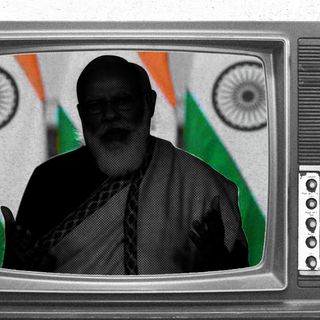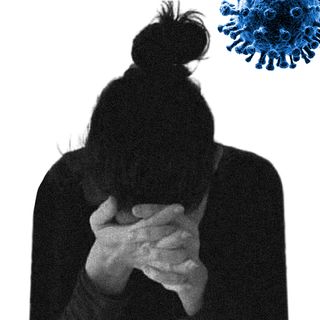The global pandemic was a “preventable disaster,” according to a 2021 report commissioned by the World Health Organization, which has blamed the slow-reaction time of global leaders for more than 3 million deaths Covid19 has caused worldwide — in addition to the economic devastation.
Called the Independent Panel for Pandemic Preparedness and Response (IPPPR), the committee was constituted at the behest of several WHO member states in May last year for an impartial review of the handling of the pandemic and the lessons learnt in the process. The IPPPR was chaired by Helen Clark, former prime minister of New Zealand, and Ellen Johnson Sirleaf, former president of Liberia.
Published yesterday, their report blames the “wait and see” approach adopted by governments at the start of the pandemic, rather than enacting aggressive containment strategies to prevent the massacre Covid19 has left in its wake — both in terms of lives and livelihoods. The emergence of Covid19 was met with “delay, hesitation, and denial,” resulting in the outbreak “becom[ing] an epidemic, and an epidemic spread[ing] to pandemic proportions” worldwide, the report notes, describing February 2020 as a crucial “month of lost opportunity.”
“For some [countries], it wasn’t until hospital ICU beds began to fill that more action was taken… And by then it was too late to avert the pandemic impact,” Clark told The Guardian. And this translated not only into an unrealistic burden on healthcare systems but also a struggle for survival among the masses. “What followed then was a winner takes all scramble for PPE and therapeutics. Globally, health workers were tested to their limits, and the rates of infection, illness, and death soared and continue to soar,” Clark notes.
Even post the initial mishandling in February 2020, the leadership has faltered every stage of the pandemic: from equipping healthcare infrastructures to handle the scale of the impact, to tackling misinformation, to factoring in the varying socio-economic effects of the pandemic on different parts of the population, to vaccine distribution, to the pursuance of sustainable recovery options from the global economic crisis and, now, to handling mutant strains.
Related on The Swaddle:
People From Cities Are Taking up Vaccine Slots in Rural Areas Amid Shortage
In India, for instance, a committee of scientific advisers set up by the government to trace Covid19-variants had reportedly informed authorities as early as March 2021 of a “severely contagious” variant gaining a stronghold on the Indian population — and yet, instead of imposing restrictions, the authorities allowed “superspreader events” like political rallies and mass religious gatherings to take place. The result is a situation where the country’s healthcare system is so overburdened that many have succumbed to the novel coronavirus on streets and homes without access to medical care.
In addition to being complacent, governments also failed to employ learnings from the historic handling of mass outbreaks. “There are many reviews of previous health crises that include sensible recommendations. Yet, they sit gathering dust in UN basements and on government shelves,” said Clark. According to her, the “failures, gaps and delays in preparedness and response” are partly due to the policymaker’s “failure to learn from the past.”
India, too, refused to learn from its own past — not only in terms of handling the pandemic better, but also in the context of its vaccination drive. The country, which has in the past run successful immunization campaigns for polio and smallpox, is currently struggling to vaccinate its people against Covid19. According to Rajib Dasgupta, a professor at the center for social medicine and community health at Jawaharlal Nehru University, the Covid19-immunization drive is lacking cooperation between central, state, and district-level leadership, which had played an important role in earlier immunization drives — “it is this synergy which is missing,” he told The Indian Express.
While it’s evidently too late for everyone who has lost their lives to this preventable disaster, it may still be possible to control the damage. More than 900 Indian scientists have written a letter to the Indian government calling for public health policies to be strictly informed by transparent scientific data going forward.
The IPPPR, too, has called for international cooperation to tackle future pandemics as well as the ongoing and upcoming waves of Covid19 more tactfully. “Ultimately, investing billions in preparedness now will save trillions in the future, as the current pandemic has so clearly illustrated,” Clark told the press.




